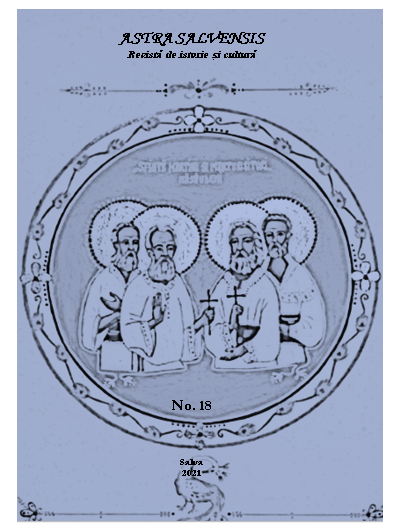Child-centered Paradigm in Early Education
Child-centered Paradigm in Early Education
Author(s): Horatiu CatalanoSubject(s): Social Sciences, Education, Adult Education
Published by: Asociaţiunea Transilvană pentru Literatura Română şi Cultura Poporului Român - ASTRA
Keywords: child centered education; early education; New Education; pardigm; contemporary society;
Summary/Abstract: The focus on the child in early education has been promoted for a long time by the pedagogical literature. Modern didactics has been concerned on the way children are learning, seen as active subjects of their own training, highlighting the educational benefits associated with active involvement. The quality of their knowledge experience depends not only on the quality of teaching, but also on their own effort and how they contribute to the teaching process. This means that teachers have a vital responsibility in facilitating effort, involvement, interaction and active learning. In the process of acquiring knowledge, it is obvious to shift the focus from its external determinants to the endogenous determinants, those coming from within the individual. The emphasis on the subject, on its interiority, must be understood not only as an organization that responds specifically to certain influences, but also as an organization that models the influences, so as a system of self-organization, which does not ignore external influences on learning, but configures them in a more profound context in order to be explained. In this context, focusing on the child becomes both a condition of quality and efficiency of the educational process, and one of the most convenient ways to solve the many difficulties encountered: insufficient motivation, lack of attractiveness in content, low level of children involvement in learning, mechanical and reproductive approaches, routine or monotony in the training process.
Journal: Astra Salvensis - revista de istorie si cultura
- Issue Year: IX/2021
- Issue No: 18
- Page Range: 29-36
- Page Count: 8
- Language: English

